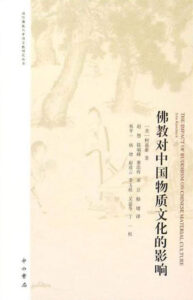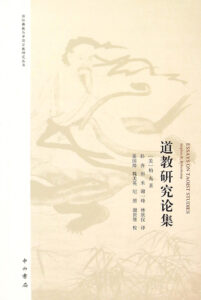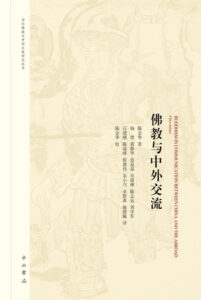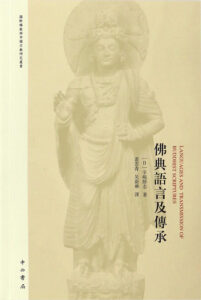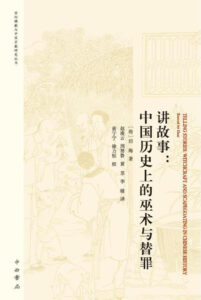Chinese Translation Series of Foreign Studies on Buddhism and East Asian Religions
域外研究叢刊:佛教與東亞宗教
As an extension of the summer program series, a translation series has been established which introduces non-Chinese language studies on Buddhism and East Asian Religions into Chinese scholarly discourse. We have designed the project in such a way that we are able to turn each translation process into a valuable training opportunity for our students.
By publishing the research of summer program instructors, all of whom are leaders in the study of East Asian religions, we ensure that Chinese-language based scholars are able to engage with the most recent work of experts outside of China. The first translation series includes books by all of the five scholars who taught in the summer of 2013: S. Bokenkamp (Arizona), S. Karashima (Soka), J. Kieschnick (Stanford), B. ter Haar (Hamburg) and J. Chen (UBC), as well as books by J. Benn (McMaster), T. Sen (New York), and the renowned late Sinologist A. Forte. The next series will be expanded to cover fifteen translations each year. We have designed the project so that each translation process involves training opportunities for our students. We intend to translate the most influential research of each program instructor before the summer and winter programs begin, thus enabling translators (usually senior PhD students) to confer with the author while attending the program. When translating the work of researchers not directly involved in the summer programs, we have convened mini-seminars of three to four student-translators, one to two proofreaders, and the author. In the course of co-translating a book, the Chinese students not only improve their English but also make remarkable progress in their specialized knowledge by working so closely with peers and senior scholars. Following on the success of this series, we will consider starting a counterpart that will translate into English works by top Chinese scholars, with a similar strategy for translating and training, although this time it will mainly involve English-speaking students from outside China.

